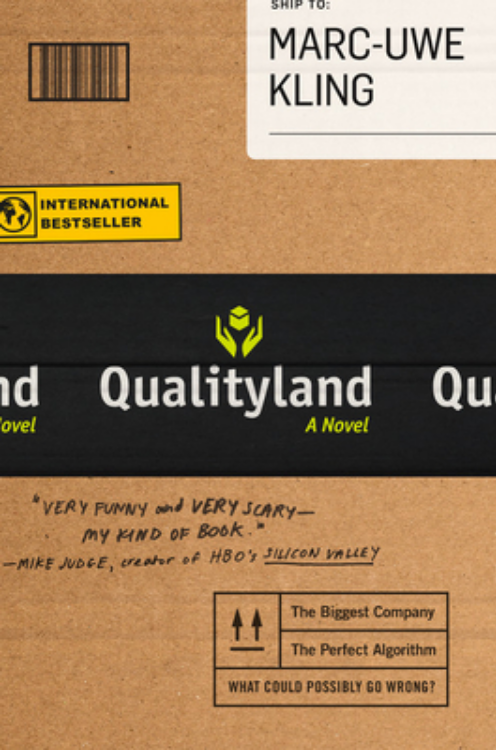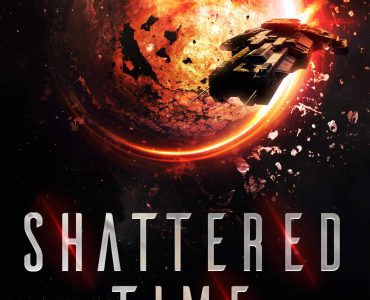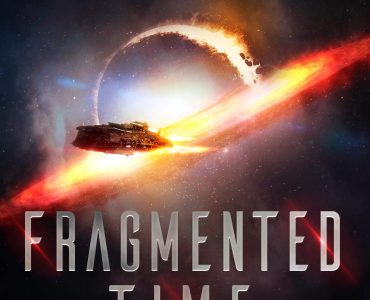Pros
- A frightening and plausible scenario wherein a quasi-corporate-government entity controls the populace through technology and data
- Story incorporates creative ads for fictional world
- Ideas based on logical extremes of practices today
- Overall tone is humorous and fun
Cons
- A vague and undefined antagonist in the story until later in story
QualityLand Review
QualityLand by Marc-Uwe Kling is a funny and sometimes terrifying look into a not-too-distant future wherein a massive corporation-government entity has so much data on people that it knows people better than the people know themselves. With this data, the government regulates, controls, and directs its citizens into obedient consumers.
What Kling does really well is to take elements from our society and then pursue those elements to their furthest extremes. For instance, the prevalence of Amazon means that one company has a mountain of data on users ranging from how much time one spends on a website to purchasing history and even conversations recorded by Alexa. So it’s not too difficult to imagine the society in QualityLand coming into fruition today.
There’s a lot to like about QualityLand. The use of a social credit score, much like China’s social rating system, combined with user metadata, makes the society more like a version of The Matrix than it does some utopia wherein people no longer need to verbalize their desires. Maybe there’s a criticism of the dangers of technology run amok, perhaps not too dissimilar from the Terminator series referenced in the story.
Also prescient is Kling’s illustration of socially-connected society dominated by one company. Bots and paid trolls steer opinion on social media platforms that reminds readers of Twitter and its army of bots. Racism and other forms of discrimination are eliminated and replaced with social levels that grant wealth and access. Citizens are guided by mysterious algorithms that are closed to inspection and scrutiny. However silly the premise may seem to be at first, even more silly is that the dissolution of this society begins with a pink dolphin vibrator.
This type of humor and ridiculousness is strewn throughout the novel. Kissing as a form of payment. A directionless automated car that requires human directions. Pre-configured errors as a means of increasing trust. All these plot devices, and more, give the novel a strange, amusement-park quality about the society that is delightful when read.
One message that readers may take away from QualityLand is that people need to be more careful about the data they allow companies to collect. Kling illustrates the complacency of the residents in QualityLand and the effects of that complacency. The gradual loss of privacy and freedoms isn’t even noticed until it’s too late. That an android is running for president is maybe a bit too over-the-top.
In a way, QualityLand is reminiscent of books like Orwell’s 1984 and Kafka’s The Trial. Peter’s attempt to return an unwanted item sent to him leads him through an obstacle course of bureaucracy with stages that are likely familiar to everyone who has had to deal with a claims process, get a driver’s license, or even to cancel some cable subscription. This aspect of the novel is likely relatable for readers.
QualityLand by Marc-Uwe Kling is a fantastic, humorous book set in the not-too-distant future about a dystopian society controlled by an all-too-powerful algorithm that knows everything about its residents. It’s a humorous story that teaches readers to be more aware of the impact technology is having on their lives.



